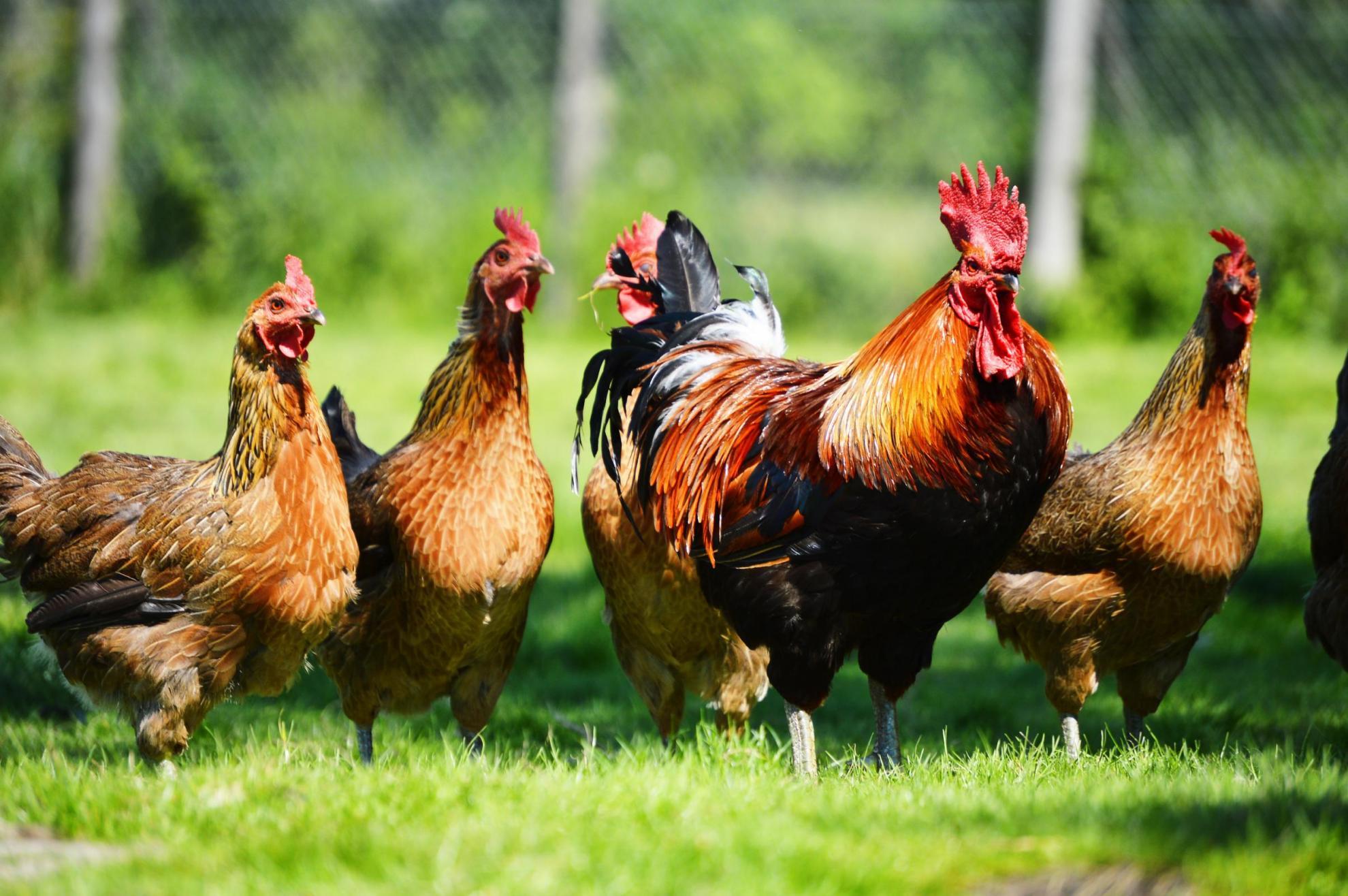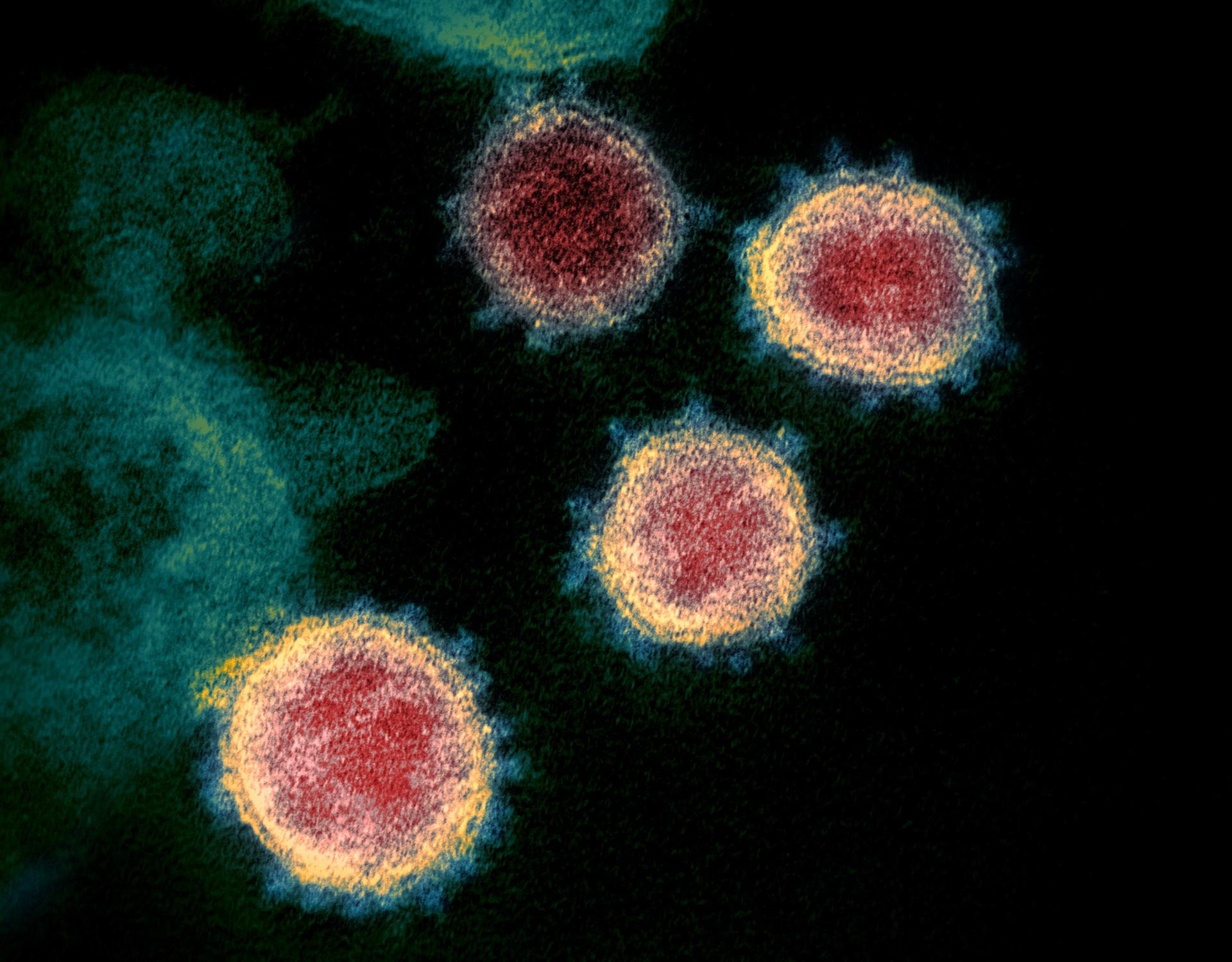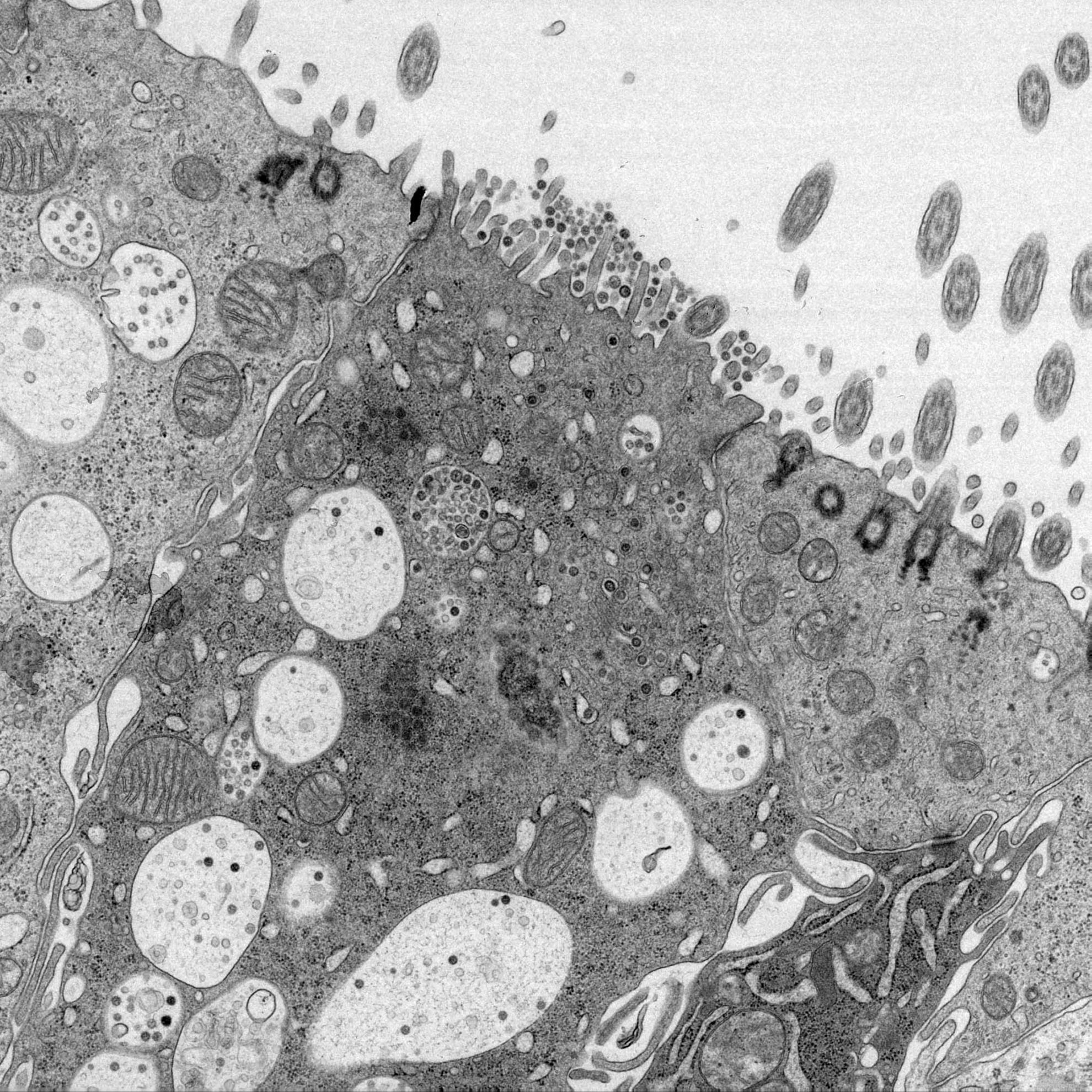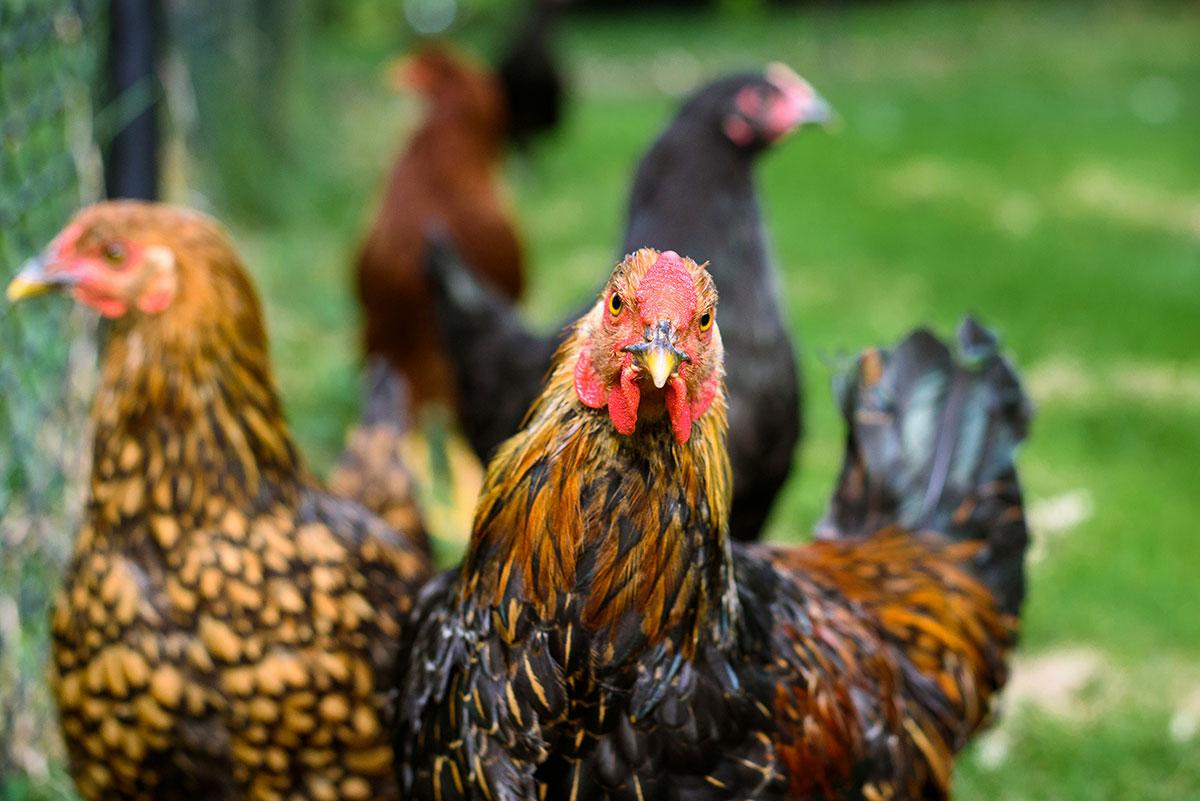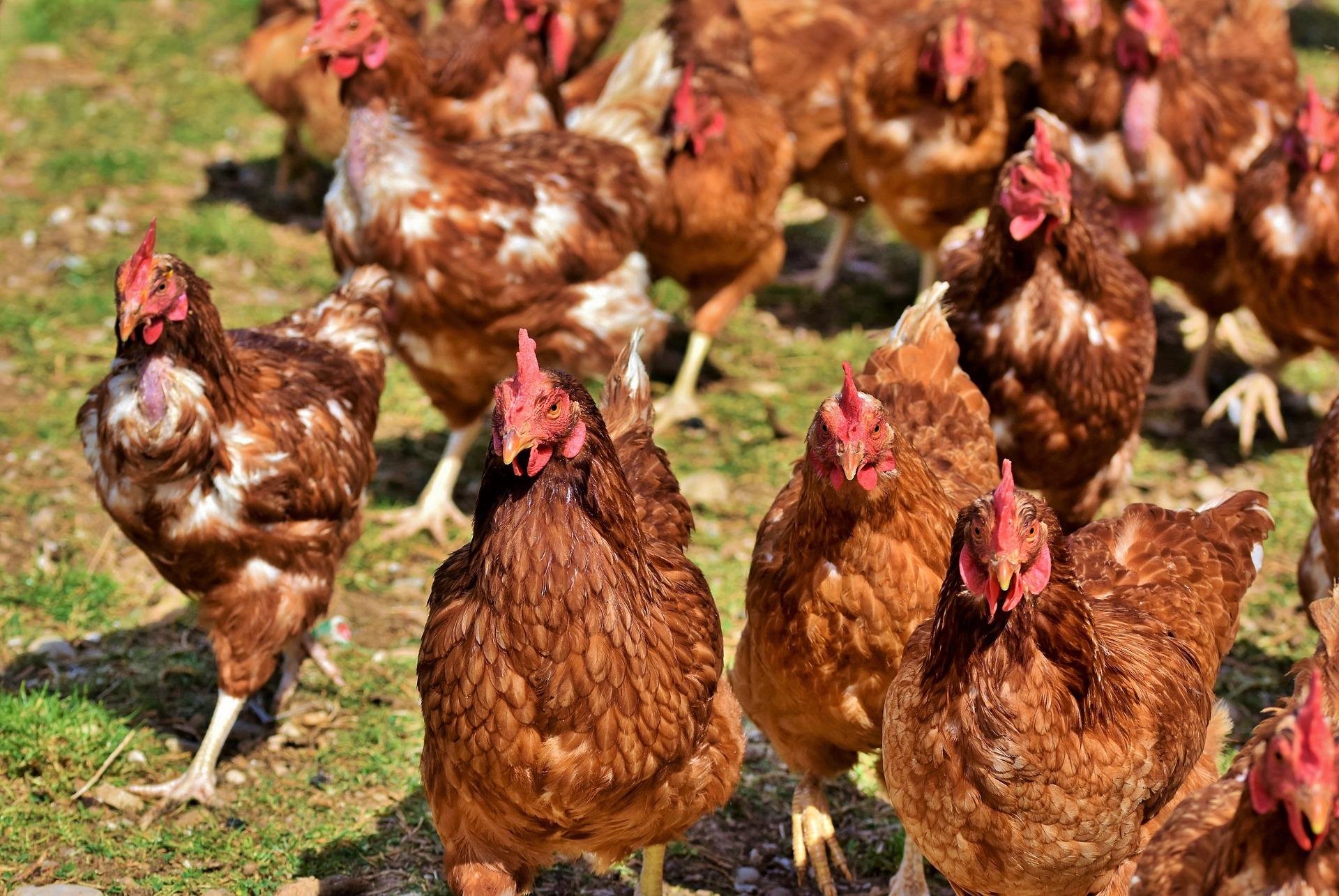Our group
The groups research focuses on coronaviruses of veterinary importance, including Infectious Bronchitis Virus, the aetiological agent of Infectious bronchitis (IB). IB is a highly contagious respiratory disease of chickens that can be fatal in young birds due to secondary bacterial infections, and sometimes kidney disease. Infection of egg-layers results in a drop in egg production. IB has economic consequences to the poultry industry throughout the world. IBV has been reported to be the number one cause of infectious disease-related economic loss in the UK poultry industry and is a continual threat due to the existence of a large number of IBV serotypes/genotypes and the constant evolution and emergence of IBV strains. There are numerous vaccines available for the control of IBV, although protection is short-lived and poorly cross-protective between serotypes.
The group also researches Porcine Respiratory Coronavirus (PRCV) in collaboration with the Mucosal Immunology group. PRCV infection of the natural host, the pig, offers a powerful model for the study of host responses to coronaviruses infection.
Our aims
The Coronaviruses Group are investigating the potential for genetic manipulation of the IBV genome to rationally attenuate field strains predictably and specifically for vaccine production, including for in ovo vaccination. In order to do this, we are identifying viral genes and/or regulatory factors involved in virulence, viral replication, tropism (both in vitro and in vivo) and gene expression. We use reverse genetics to modify the IBV genome and investigate the resulting recombinant viruses generated using a mixture of classical virology and molecular biology techniques as well as using Next Generation Sequencing technologies and Bio imaging. Most of our research uses primary cell cultures and ex vivo tracheal organ cultures.
Our research
Current research projects can be divided into the following areas:
- Development of rationally attenuated live vaccines for effective control of infectious bronchitis
- Molecular characterisation of the avian coronavirus infectious bronchitis virus to identify regions of the genome involved in virulence
- Modification of the infectious bronchitis virus spike protein for growth in Vero cells; potential for vaccine growth and production in cell culture
- Analysis of the Function of Infectious Bronchitis Virus Accessory Proteins
- Investigation on how passage in eggs results in attenuation, is this due to selection or random mutation with the aim to reduce the risk of vaccine reversion
- Determination of cross protection and genetic plasticity of IBV with the aim to control the virus
- Investigation of subgenomic mRNA transcription and regulation
- Investigation on how RNA secondary structure effects viral replication in vitro, ex vivo and in vivo
Our impact
IBV is a major problem with affects to the global poultry industry in spite of available vaccines. We have developed an approach to study the function of individual genes which gave us a better understanding of the disease and how to design better vaccines. We have been collaborating with pharmaceutical companies using our novel approaches to design vaccines for new strains. The poultry industry and farmers have benefitted from improved understanding of the disease and the continued investment into new vaccines that will reduce financial losses due to this disease.
